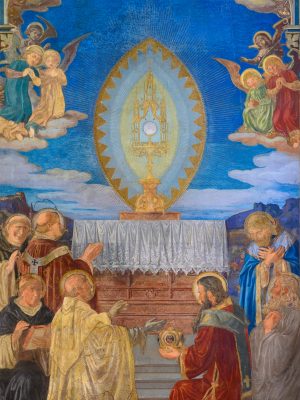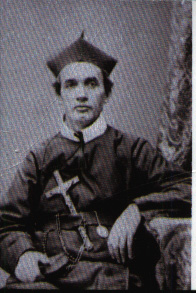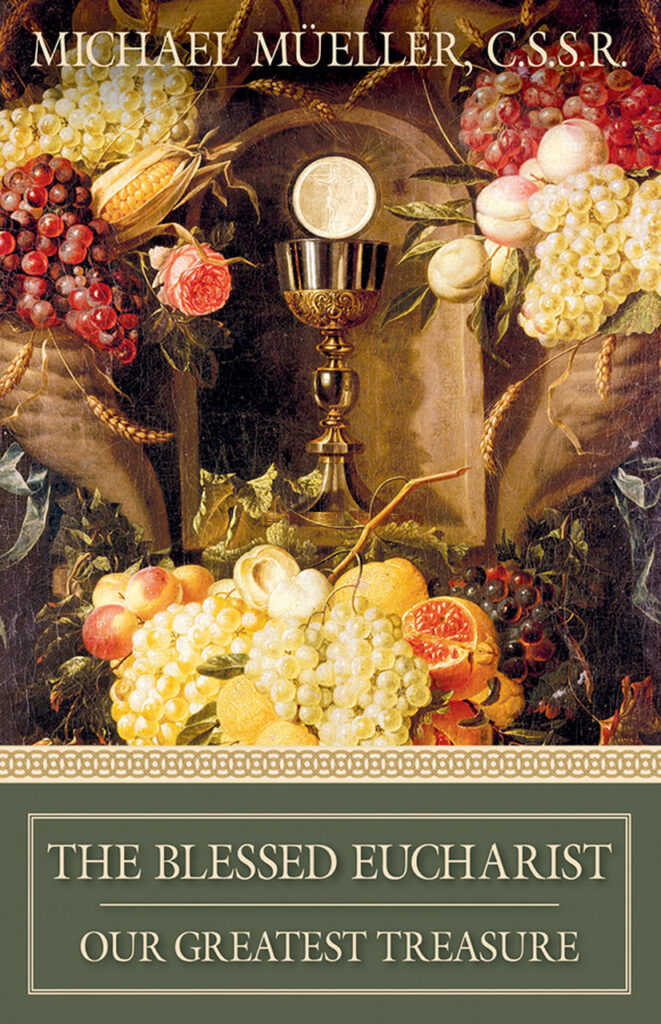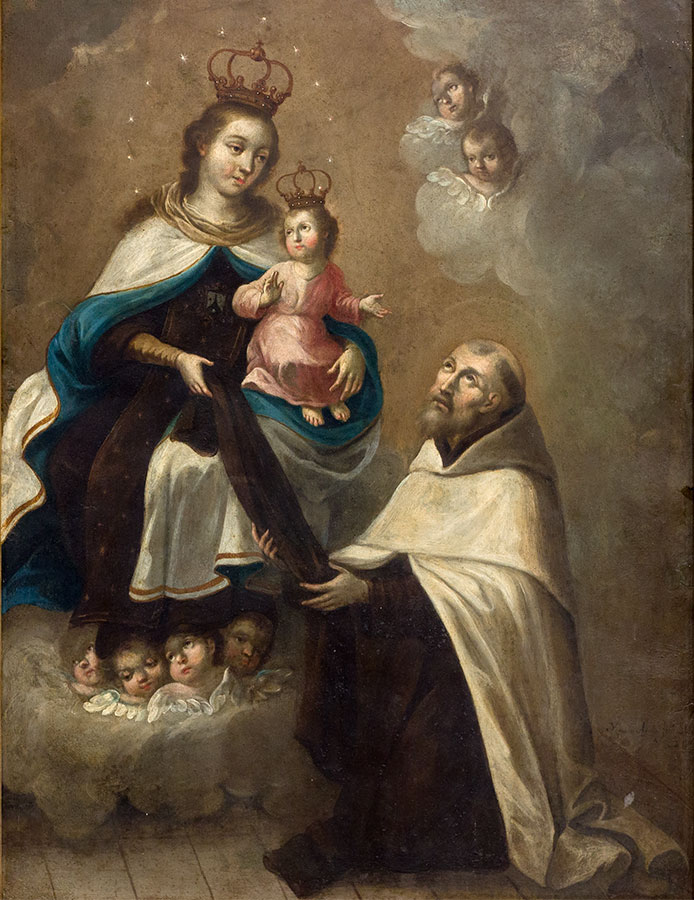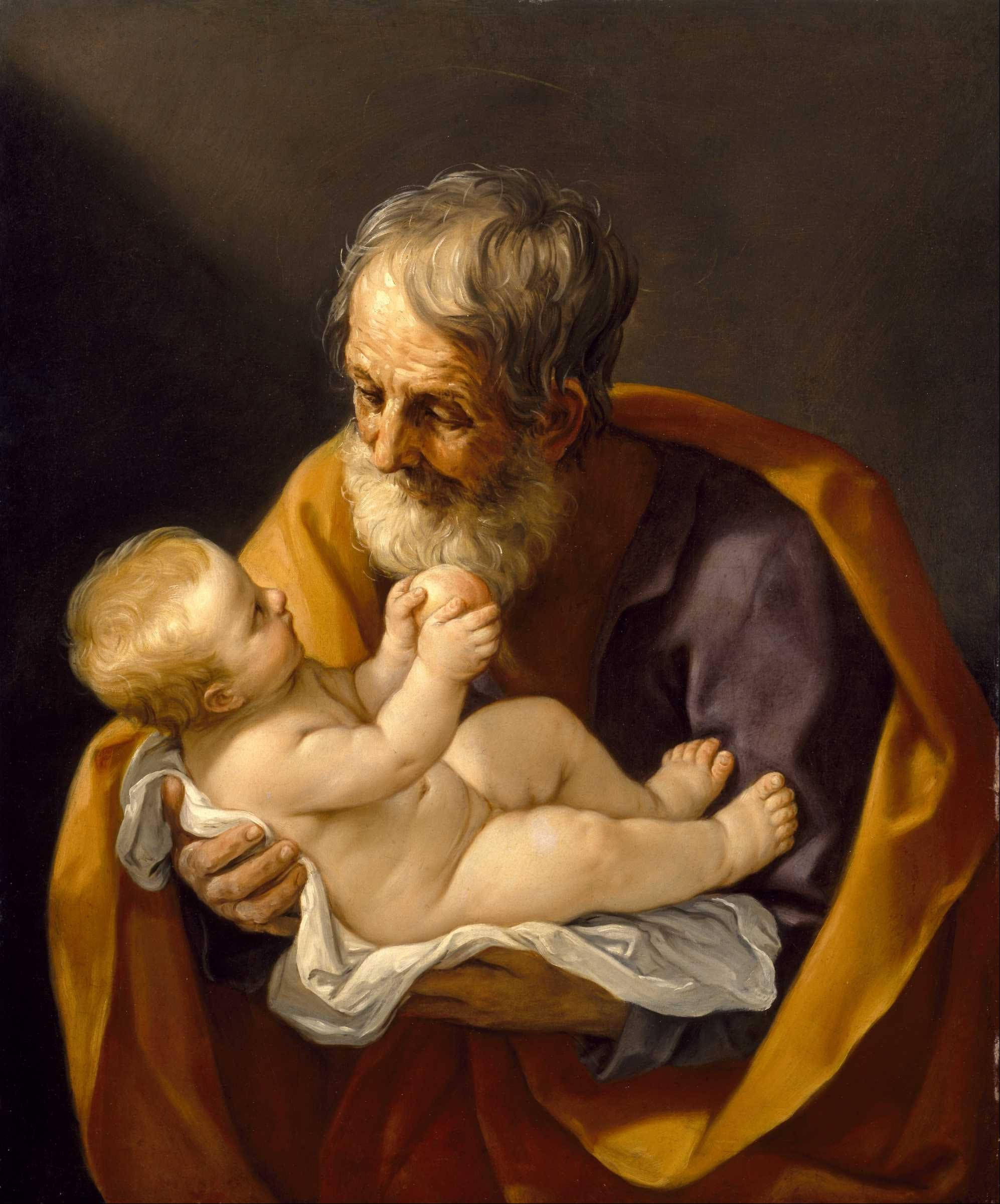In The Blessed Eucharist, Father Michael Mueller illuminates the beatific reality of the Mass, explaining why Our Lord veils His Divinity behind the appearance of bread and wine. Fr. Mueller shares Eucharistic miracles, meditations, and grounded philosophy with the reader to open their eyes to the treasure of the Most Blessed Sacrament.
In order to receive the abundant fruits of the Holy Eucharist, a certain cooperation is required on the part of the receiver—not indeed that the efficacy of the Sacrament considered in itself depends at all on the recipient (this efficacy it has entirely from God)—but because its salutary effects in each particular case depend upon the disposition with which it is received. The cooperation which is required on our part consists in general in approaching it with a sincere desire to receive the graces which are imparted through it, and afterward, in turning them carefully to account. In order to obtain this disposition, it is advisable to devote some time before and after Communion to preparation and thanksgiving.
State Of Grace
When speaking of preparation for Communion, the previous qualification of being in the state of grace is always pre-supposed. It is related of the Emperor Frederic that, having on one occasion gone to visit a nobleman at his own castle, he was received into an apartment which was thickly hung with cobwebs; whereupon, being transported with rage, he immediately left the house, exclaiming: “This room is better fitted for a dog-kennel than for the chamber of an emperor!”
How much more justly might Jesus Christ feel indignant at being received into a soul defiled with mortal sin? “He Whose eyes are pure and cannot behold iniquity!” Accordingly, St. Paul teaches us that we must prove ourselves before we eat of the Body of the Lord, meaning thereby that, if upon examination we find ourselves guilty of any grievous sin, we should cleanse our conscience by a good Confession.
Full Freedom Of Heart
The first step in our preparation for Communion, after we have been reconciled to God, is an habitual effort to please Him. It is, moreover, carefully to be noticed that, in order to receive the full extent of grace attached to this Sacrament, our hearts must be free from all inordinate affections.
St. Gertrude on one occasion asked Our Lord how she ought to prepare for Holy Communion, and He replied: “I ask nothing more than that you should come with an empty heart.”
Fast Before Communion
There is also another disposition which is always pre-supposed, pertaining to the body, No one can receive the Flesh of Christ unless he be fasting, that is to say, unless he has abstained from eating or drinking anything whatsoever (with the exception of water or medicine) from one hour before Communion, the only exception to this rule being when the Holy Communion is administered to the dying by way of Viaticum.
Why We Prepare Our Body And Soul For Communion
How diligently ought we to consider what we are about to do when we appear at the table of the great King of Heaven and earth to feed on the Flesh of His beloved Son! This reflection, so natural and obvious, is sufficient to show us the propriety of some actual preparation for Communion.
To this, I will add another reflection to show its great utility. It is in the highest degree advantageous to prepare ourselves for Holy Communion because the fruit it produces depends on the disposition with which we receive it. Divines use the following figure in illustration: As wood that is not seasoned will not burn well because the moisture that is in it resists the action of the fire, so the heart which is full of earthly affections is not in a fit state to be enkindled with the living fire of Divine Love by means of this Holy Sacrament.
000
This article is taken from a chapter in The Blessed Eucharist: Our Greatest Treasure by Fr. Michael Mueller, which is available from TAN Books.


